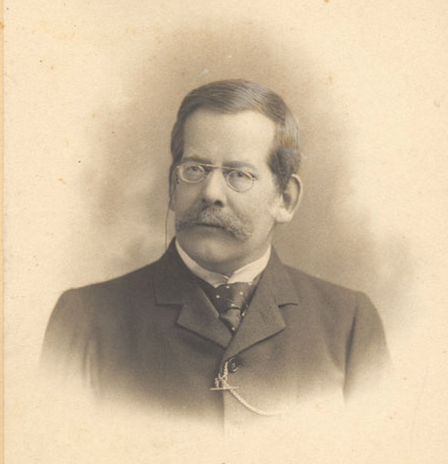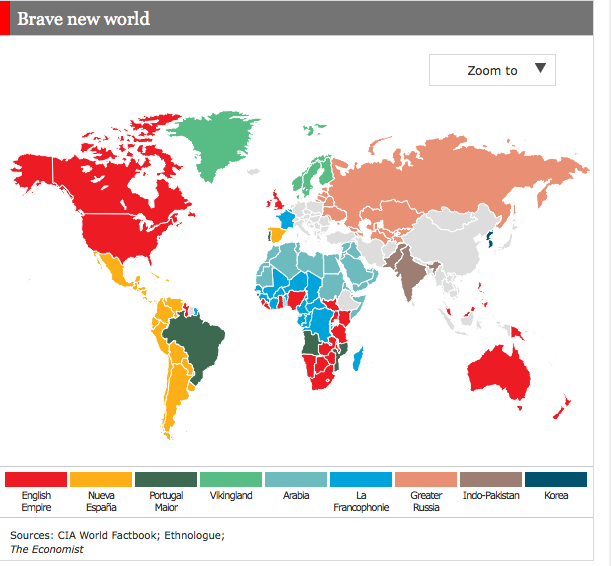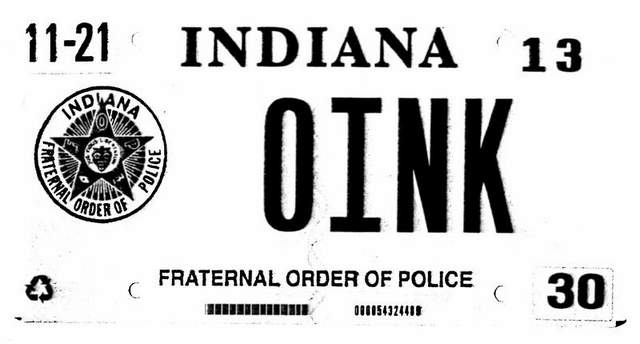Various readers have pointed out to to me that the "QWERTY Effect" is back. (For coverage of the first QWERTY-Effect paper, see "The QWERTY Effect", 3/8/2012; "QWERTY: Failure to Replicate", 3/13/2012; "Casasanto and Jasmin on the QWERTY effect", 3/17/2012; and "Response to Jasmin and Casasanto's response to me", 3/17/2012.)
The new paper is Casasanto, D., Jasmin, K., Brookshire, G. & Gijssels, T. "The QWERTY Effect: How typing shapes word meanings and baby names". In P. Bello, M. Guarini, M. McShane, & B. Scassellati (Eds.), Proceedings of the 36th Annual Conference of the Cognitive Science Society. Austin, TX: Cognitive Science Society, 2014.
As before, the idea is that typing letters with the right hand makes us like them more; or in the words of their abstract,
Filtering words through our fingers as we type appears to be changing their meanings. On average, words typed with more letters from the right side of the QWERTY keyboard are more positive in meaning than words typed with more letters from the left: This is the QWERTY effect (Jasmin & Casasanto, 2012), which was shown previously across three languages. In five experiments, here we replicate the QWERTY effect in a large corpus of English words, extend it to two new languages (Portuguese and German), and show that the effect is mediated by space-valence associations encoded at the level of individual letters. Finally, we show that QWERTY appears to be influencing the names American parents give their children. Together, these experiments demonstrate the generality of the QWERTY effect, and inform our theories of how people’s bodily interactions with a cultural artifact can change the way they use language.
The most interesting new result is the baby-names experiment, in my opinion; and since I'm stuck in Heathrow Airport for a while, I thought I'd take a quick look at it.
Read the rest of this entry »




 I had been waiting for the world's media to notice the extraordinarily anomalous character of Vladimir Putin's notion that he can annex pieces of land simply because speakers of the Russian language live there and are feeling aggrieved or imperilled. And now The Economist has done the job very nicely. See
I had been waiting for the world's media to notice the extraordinarily anomalous character of Vladimir Putin's notion that he can annex pieces of land simply because speakers of the Russian language live there and are feeling aggrieved or imperilled. And now The Economist has done the job very nicely. See 